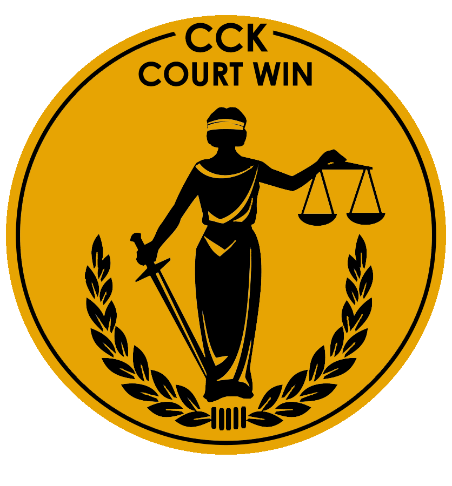Denial of TDIU Rested on Inadequate Reasons or Bases and Ignored Favorable Evidence of PTSD Symptoms

CCK Law: Our Vital Role in Veterans Law
Summary
The Veteran served on active duty in the United States Army from December 1965 through October 1967. While in service, the Veteran was physically and sexually abused while serving a 30 day sentence of hard labor. In June 2009, the Veteran filed for service connection for Post-Traumatic Stress Disorder (PTSD) and hearing loss.
Board denied TDIU in July 2016
In July 2016, the Board denied TDIU, finding that mental examinations throughout the appeals period did not reveal impairment that would render the Veteran unable to secure or maintain employment. Despite acknowledging an October 2011 physician’s finding that the Veteran was unemployable due to PTSD symptoms, the Board found a December 2011 examination which stated the Veteran had good relationships with family members and participated in hobbies to be more probative. From a March 2011 examination, the Board only addressed the GAF score discussed, but failed to address favorable evidence within the report regarding the Veteran’s PTSD symptoms.
CCK appeals to the Court
CCK successfully appealed to the Court the denial of TDIU. In its decision, the Board provided an inadequate statement of reasons or bases in support of its denial and ignored favorable evidence of record.
CAVC agrees with CCK’s arguments
CCK argued, and the Court agreed, that the Board provided an inadequate statement of reasons or bases for finding that the December 2011 examination was more probative than the October 2011 examination. The October 2011 physician specifically found the Veteran was unemployable due to nightmares, flashbacks, intrusive thoughts, memory disturbances, paranoia, hypervigilance, and feelings of isolation and emotional disconnection. The December 2011 examiner did not address the Veteran’s ability to work or even discount the findings of the October 2011 physician. Nonetheless, the Board relied on the December 2011 examiner’s discussion of the Veteran’s relationship with his family and engagement in hobbies as more probative evidence of employability. The Court set aside the Board’s decision and remanded the issue of entitlement to TDIU for the Board to provide an adequate statement of reasons or bases for its probativity determination.
Furthermore, the Board ignored favorable evidence when it discounted the March 2011 examination. The examiner opined the Veteran would likely have marked difficulties maintaining gainful employment due to his numerous PTSD symptoms. The Board determined the GAF score the examiner assigned was not reflective of the Veteran’s ongoing disability, and entirely failed to address the actual findings of the examiner when it denied TDIU. The Court thus ordered a remand for the Board to adequately address the March 2011 examiner’s employability determination.
About the Author
Share this Post
